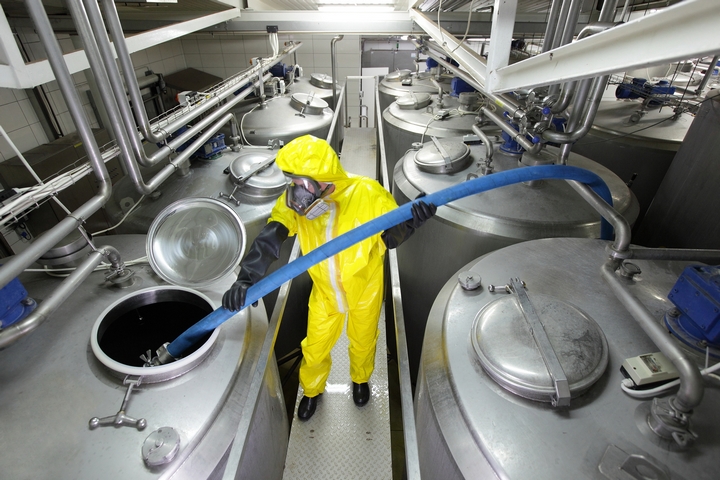
Although it is not something we’re likely to give a lot of thought to, it is important to know what your responsibilities are and how to properly dispose of the liquid waste you or your company produces.
As much as “out of sight, out of mind,” is a tempting philosophy to subscribe to here, it doesn’t apply to waste management. Here is an overview of liquid waste and proper disposal etiquette.
1. What is liquid waste?

The definition of liquid waste is fairly broad and basically covers any form of liquid residue that is hazardous for people or the environment. It comes in a variety of forms and consistencies, sometimes sludgy and mud-like, or in the case of laboratory waste, purely liquid. Most often, when seen on a large scale, this waste is the result of the industrial builders that utilize tank-clearing operations.
Liquid waste is found in grease traps, septic tanks, surfactants, wash-waters, prescribed waste, oily water or the more typical medical or clinical wastes, solvents, paint, resins, inks and dyes, photographic waste, pesticides, and laboratory and chemical wastes. It is also found in largely amounts in facilities that use washing machines on a large scale of big laboratories. That being said, restaurants, cars, and homes produce liquid waste also.
2. It is your responsibility to understand your requirements

It is important to understand that the various types of liquid waste are dealt with and disposed of differently. Not knowing all the types of waste your facility processes can result in corners being cut and improper disposal. This is a problem for the environment and for you as a property owner.
Keep in mind the fact that the mischaracterization of waste has the potential to increase long-term liability, disposal costs, and annual environmental reporting. Ignorance is not a defense when it comes to disposing of waste, and you will not be protected by this defense if you get caught. If not done in a legal and ethical way, liquid waste traced back to your organization could have serious consequences.
3. Thorough analysis is the mark of professionalism

Due to the fact that most of us are not experts when it comes to understanding the various types of liquid waste, your disposal service provider should conduct an in-depth analysis before presenting you with a contract or agreeing to any terms of cooperation. A serious company will make sure that their first step is to conduct an on-site waste stream analysis. You should be very suspicious of anyone who is willing to present you with an offer before this process is complete.
The full course of analysis should also involve providing you with a characterization list of all the waste constituents so that you understand what you are paying them for and are able to work toward an environmental solution that will best suit your desired outcome.
4. It is your responsibility to know where your waste is being disposed

Where the waste ends up is just as important as how it gets there. It is critical that you deal only with a qualified liquid waste disposal company that can provide you with proper certification and qualification in order to ensure that you won’t be facing problems down the road.
It is your responsibility as a business owner to ask questions and to understand the liquid waste disposal process from start to finish. Ask to see reports if you’re unsure about a waste disposal company’s record and avoid dealing with anyone who seems hesitant to answer your questions or fully explain what they do.
At the end of the day, you’re the one who is accountable and should therefore have as much information as possible.









